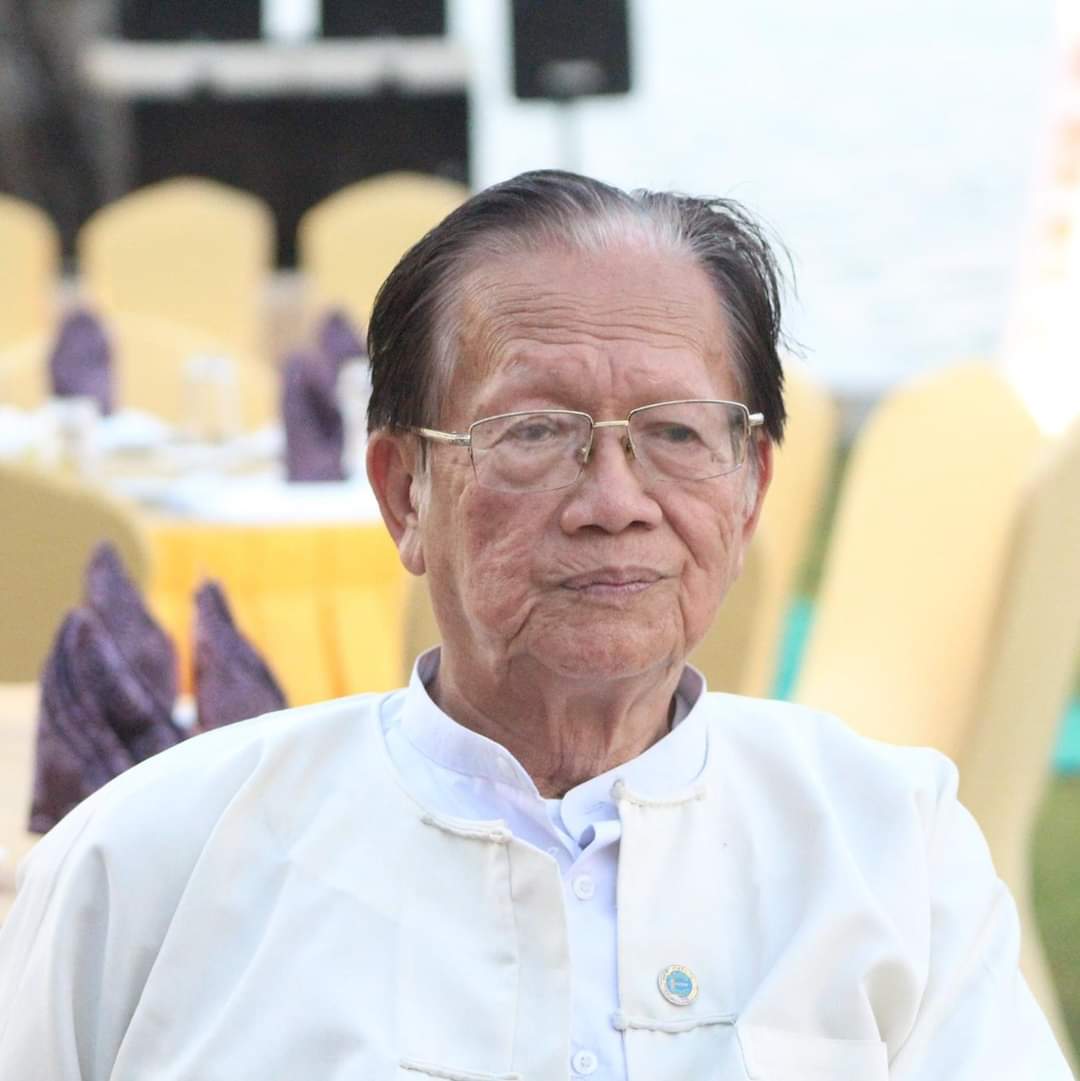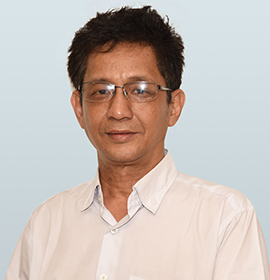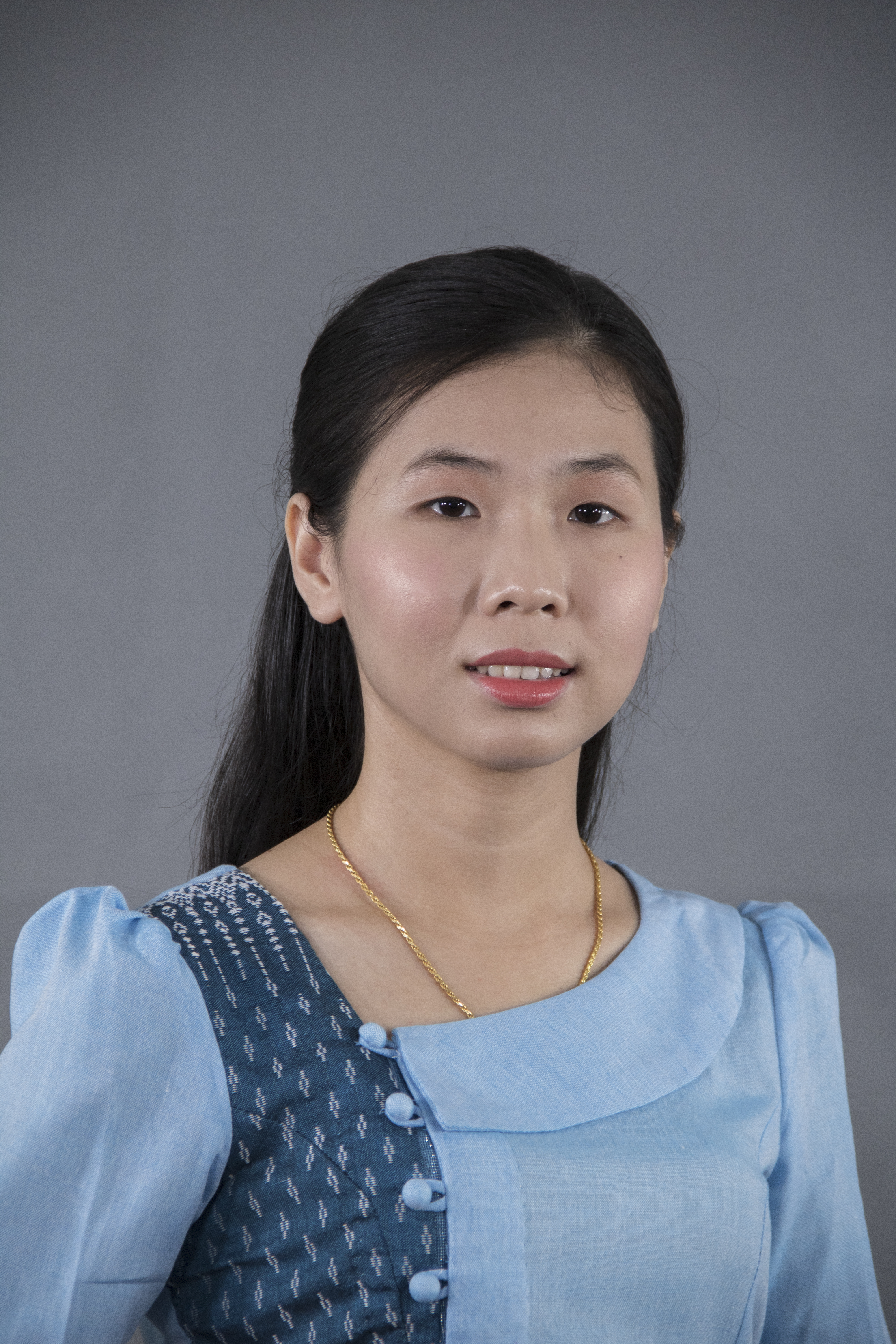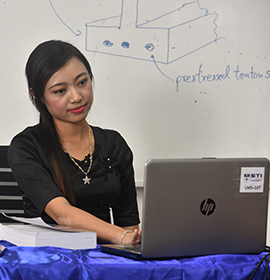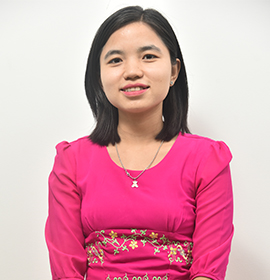Diploma in Engineering (Telecommunication Systems) Level 4

- 🎓 Category : FACULTY OF ENGINEERING
- 🎓 Program : Diploma Programs
- 👩🎓 Course Coordinator : Dr. Thein Tan
About the course
This program is specifically targeted for students whose aim as entry level telecommunication systems engineers or supervisors in government body as well as private and public organizations. It aims to provide the basic knowledge and studies for understanding and applying the various skills and knowledge required by the telecommunication systems engineers. Students will be awarded Diploma after successful completion of this program.
Method of Assessment
The assessments provide you with opportunities to diagnose your skills, abilities, academic/occupational background and to give you an early indication of what specific learning practices may help you improve in specific areas of study, starting from student induction period in conjunction with and throughout the entire in-course period of study. There will be frequent opportunities to get feedback both from tutors, peers and via self-assessment, and some assessments will allow for draft submissions to be considered by a tutor or peers to identify aspects in need of development prior to final hand-in.
The assessments are to be inclusive such that a variety of methods will be used in assessing students to ensure that no particular group of students are advantaged or disadvantaged.
The methods include portfolios, laboratory practical work, group and individual production projects, individual and group written reports and formal written exams.
Mini-projects and case studies provide you with real-world problems. You are expected to find solutions to the problems following the process of analysis, technique evaluation, design and syntheses, and solution evaluation.
These mini- projects and case studies are designed in both group work and individual work fashions to allow you to practice your communication skills and team working skills, and to develop the capability of working individually. They are also design in the way in which you need to connect together different elements taught within a unit and also across different units with helps from the course team who explain to you how individual units make-up of the course.
Written exams focus on theoretical knowledge and the application of the knowledge to engineering problems.
Entry Requirement
-
Successful completion of Foundation Certificate in Engineering (Telecommunication Systems) Level 3
-
Certificate holders from other relevant disciplines will be considered for entry to Level 4 based on individual qualifications.
-
Applicants with relevant work experience may be considered on a case-by-case basis for Recognition of Prior Learning (RPL)
-
IELTS (4.5 overall, 4 individual) or equivalent qualifications
Course Structure
Units
|
Unit Code |
Level |
Credits |
Unit Name |
Core or option |
|
BE2101 |
4 |
15 |
Mathematics II |
Core |
|
BE210E |
4 |
0 |
English |
Option |
|
EE2115 |
4 |
15 |
Foundation of Electronic Systems |
Core |
|
EE2103 |
4 |
15 |
Electromagnetics |
Core |
|
EE2104 |
4 |
15 |
Computer Architecture |
Core |
|
EE2105 |
4 |
15 |
Digital Circuit Design |
Core |
|
EE2106 |
4 |
15 |
Network Theory |
Core |
|
EE2107 |
4 |
15 |
Introduction to Software Development |
Core |
|
EE2108 |
4 |
15 |
Circuit Analysis |
Core |
|
EE2109 |
4 |
15 |
Signals & Systems |
Core |
|
BS2106 |
4 |
15 |
Software Engineering |
Core |
Duration – 1 year
Progression Route
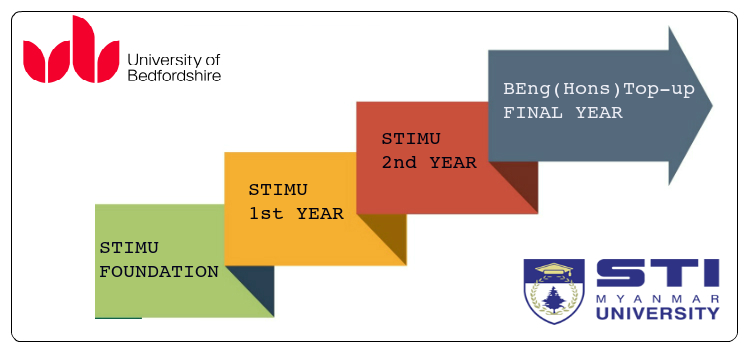
Course Fees
7,060,000 MMK (Course Fees may change without prior notice)

